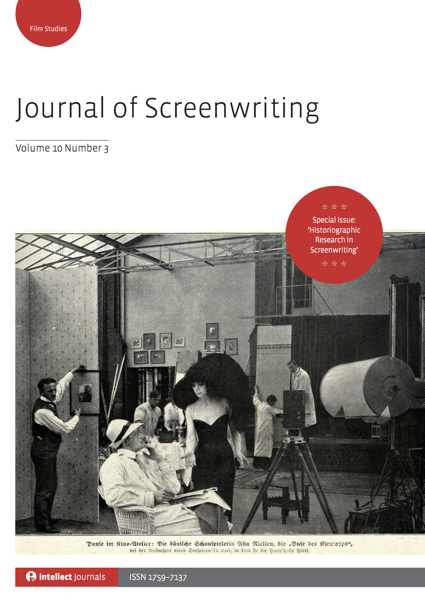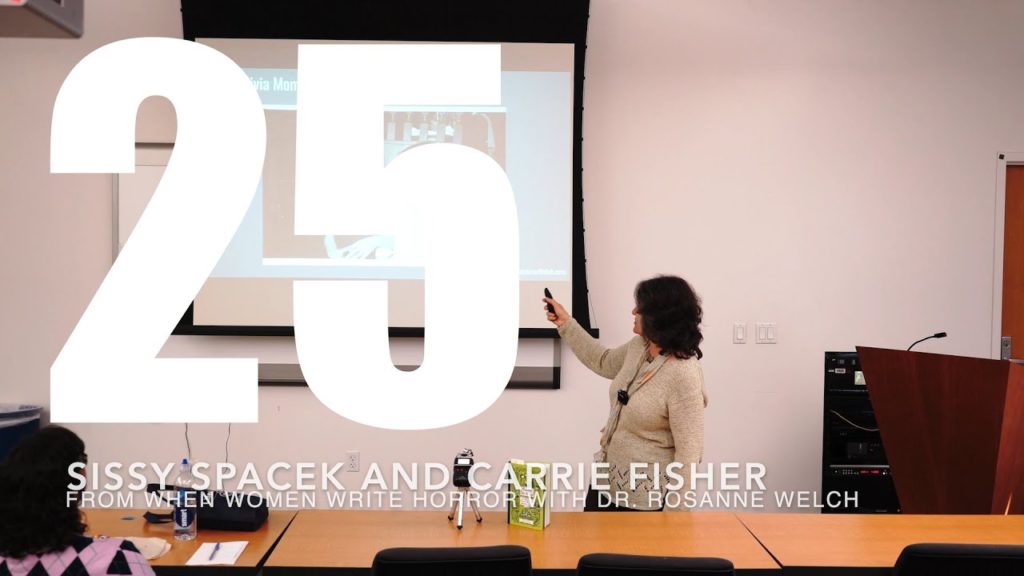Highlighting the articles in the past editions of the Journal of Screenwriting, of which I am the Book Reviews Editor. Hopefully these abstracts will entice you to did a little deeper into the history and future of screenwriting. — Rosanne
Creative decision making within the contemporary Hollywood studios by Alexander G Ross
This article seeks to contribute to the current debate about the decision-making process within the Hollywood studios and the marketing-driven quest to micromanage the creative process in order to manufacture more consistently profitable films. The author outlines the process to which scripts are subjected in order to determine their suitability for production and how this impacts the quality of the scripts. There are compelling questions about whether the current business model hinders relevant, definitive cultural narratives and how this affects both the quality and profitability of contemporary films. In addition to considering the existing literature dealing with the topic, this article also draws on the author’s fifteen years’ experience in Hollywood as a screenwriter, agent and producer.
The Journal of Screenwriting is an international double-blind peer-reviewed journal that is published three times a year. The journal highlights current academic and professional thinking about the screenplay and intends to promote, stimulate and bring together current research and contemporary debates around the screenplay whilst encouraging groundbreaking research in an international arena. The journal is discursive, critical, rigorous and engages with issues in a dynamic and developing field, linking academic theory to screenwriting practice.
Get your copy and subscription to the Journal of Screenwriting Today!
* A portion of each sale from Amazon.com directly supports our blogs
** Many of these books may be available from your local library. Check it out!

![25 Sissy Spacek and Carrie Fisher from When Women Write Horror with Dr. Rosanne Welch [Video] (48 seconds)](https://rosannewelch.com/wp-content/uploads/2020/08/rmw-cpp-horror-25-1200x675.jpg)

![24 Carrie from When Women Write Horror with Dr. Rosanne Welch [Video] (48 seconds)](https://rosannewelch.com/wp-content/uploads/2020/08/rmw-cpp-horror-24.png)
![Panel Discussion: More Than A Period: Writing Girls Coming of Age Stories For TV [Video] (1 hour 27 minutes)](https://rosannewelch.com/wp-content/uploads/2020/08/sddefault.jpg)



![23 Taking Horror Seriously from When Women Write Horror with Dr. Rosanne Welch [Video] (43 seconds)](https://rosannewelch.com/wp-content/uploads/2020/08/rmw-cpp-horror-23.png)
![22 Modern-Day Vampires from When Women Write Horror with Dr. Rosanne Welch [Video] (1 minute)](https://rosannewelch.com/wp-content/uploads/2020/08/rmw-cpp-horror-22.jpeg)